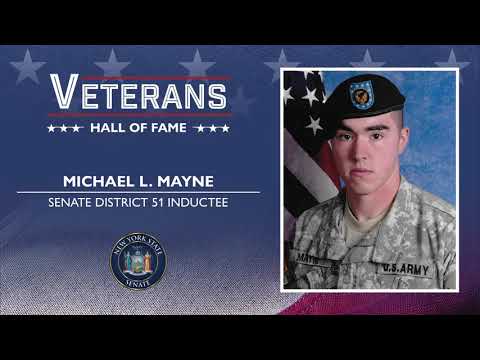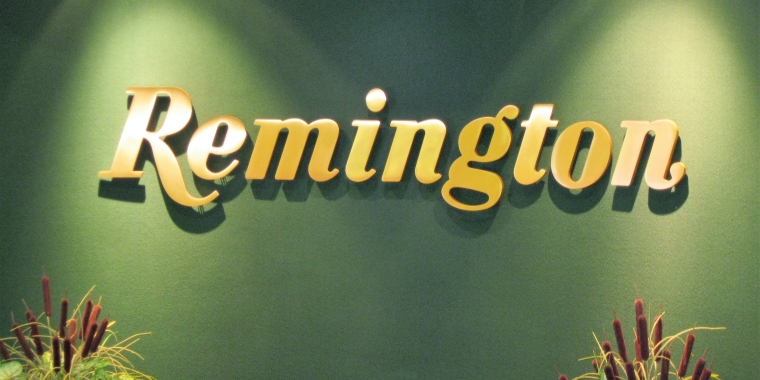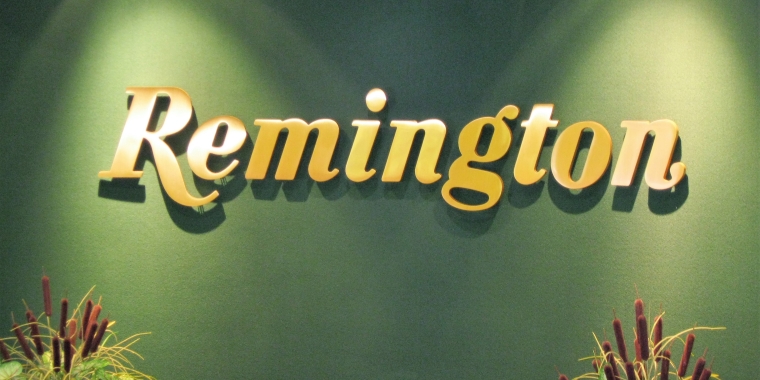
Senate Passes $2.3 Billion Tax Cut Plan

The senate version of the state budget passed this week includes almost $1 billion in business tax reductions over the next four years to create jobs and strengthen the economy, and almost $1 billion in direct school property tax relief. The plan includes tax credits for biotechnology, a small business health insurance tax credit, a direct school property tax relief rebate program, expansion of the Empire Zone program, and adopting a single sales factor to boost manufacturing jobs and investment in emerging technologies. The senate tax cut plan would save $273.6 million in 2005-06, increasing to $2.3 billion in four years.
The senate budget also includes the Excell-NY program to increase employment by capitalizing on the strengths of various regions of the state.
"The senate’s tax cut proposal represents a critically important investment in our economy to stimulate business and job growth and make New York State more economically competitive, especially in emerging technologies," Senator Seward said. "This package builds on the tax cuts the senate has successfully fought for over the past decade that have provided a cumulative savings of $19 billion. Strengthening our economy will pay off in the form of new businesses, jobs and revenue that will help fund other investments in education, health care, transportation and other areas."
"It builds upon our longstanding efforts to create a climate that spurs economic growth and creates jobs," said Seward. "I’m especially pleased that our plan authorizes new empire zones, keeps our commitment to phasing out the personal income tax surcharge that was enacted two years ago, includes important tax credits for biotechnology through the Excell-ny jobs program, and includes a direct school property tax relief rebate program."
HIGHLIGHTS OF THE SENATE’S TAX CUT & ECONOMIC DEVELOPMENT PLAN INCLUDE:
Empire Zone Expansion -- The senate plan would authorize 11 new zones through a competitive process that would allocate four zones in 2005-06, three zones in 2006-07 and four in 2007-08, to ensure that each county would have at least one zone. The plan also creates college technology zones and agrizones. The plan would extend the sunset date for the empire zone program to July 31, 2015.
Excell-NY -- The senate’s Excell-NY program would increase the ability of each region of the State to market its economic strengths and assets to the rest of the State, nation and world to promote business expansion and growth.
The Excell-NY program would encourage regional economic development partners, academic institutions, private-sector employers and all other relevant regional entities to join together to form a cohesive network that offers businesses expertise in product commercialization, technology transfer and other services.
The senate budget includes $6 million in state funds and $82 million in capital funds for Excell-NY in 2005-06, through NYSTAR. The fully annualized investment would be about $40 million, with $6 to $8 million allocated to each of six regional centers for innovation in western New York, central New York, the Hudson Valley, Long Island, Southern Tier and New York City. Funds would be used to develop economic development and marketing strategies; commercialization and incubation facilities; intellectual property and business law expertise and risk capital funding.
Single sales factor -- Corporate taxpayers in New York calculate their taxable income based on sales, payroll and property in New York State, which increases the tax liability of businesses that increase employment and investment here. This puts New York at a competitive disadvantage for business and jobs. The senate proposal would allow New York State companies to allocate income based on sales alone, phased in over a three year period, saving New York companies $130 million a year. Changing to a single sales factor is the single best tax policy move New York could make to attract and retain jobs, and discourge outsourcing, especially in manufacturing, broadcasting, financial investment and biotechnology and high technology research and development.
Excell-NY Research and Development Activities Credit - This program creates new incentives for research intensive New York State companies operating on the cutting edge of commercial applications for high technology and life sciences products. The credits will aid high technology firms looking to grow out of a New York State academic incubator who hope to remain in the State, or new or existing companies that are looking to relocate to or further expand in New York State. The program will also provide an accurate reading of the number and types of firms operating in the state that primarily do business in these areas by certifying these firms as a Certified Excell-NY Enterprise (CEE). It is estimated that there are currently about 400 firms in New York State that would be eligible for the credit and that the credit will save these taxpayers $60 million a year.
Excelsior Angel Investor Program - This proposal is designed to encourage venture capital companies to invest in Certified Excell-NY Enterprises (CEE’s) and to connect New York State’s globally preeminent large scale technology and pharmaceutical firms with cutting edge high technology businesses. The program will be modeled after New York State’s existing certified capital company (CAPCO) credits, but will have large scale manufacturers with a research and development focus, rather than insurance firms, invest funds in venture capital companies. The investment funds can be claimed as a refundable credit. These capital companies will then make an investment in CEE’s. Venture capital investments must be distributed among each of the five proposed Excell-NY Centers of Excellence, and the percentage of equity in a CEE that a venture capital company can hold for its investment will be limited to thirty percent of the ownership interest in a CEE. Under this program, $200 million in investment funds will be provided and large manufacturers will realize a tax savings of $20 million a year beginning in State Fiscal Year 2005-06
Small Business Health Insurance Credit - Approximately 3 million residents of New York State are uninsured and health care/health insurance costs continue to rise. This part will offer incentives that will reduce the number of uninsured. This part will offer a credit of 50 percent of the cost of health premiums to small businesses with 50 or less employees who offer health insurance to its employees. It will also authorize HMOs and insurers to offer "Freedom Policies" which will offer policies that cost 40 percent less than a typical policy.
STAR Property Tax Rebate -- This proposal would send $990 million in direct school property tax relief checks to eligible homeowners when phased in over five years, in addition to the current STAR exemption. The program would offset the effects of inflation on the original STAR program and replace regressive school property taxes with state broad-based tax revenues. By providing direct rebate checks after school taxes are paid, this enhancement does not disguise the immediate tax impact of a proposed school budget increase so that voters can make intelligent decisions on their public school spending plans.
Other tax reduction proposals in the senate budget plan include:
-- Increasing the income threshold for married and head of household tax filers who pay the highest tax rates to save $192 million annually. The thresholds have not been adjusted in 15 years;
-- Allowing for the direct shipment of wine into New York State from out-of-state wineries and allowing New York wineries to ship to states with reciprocity agreements. This would boost the state’s wine industry and increase state sales tax revenues by $2 million in 2005-06 and $3 million annually;
-- A multi-year phase-out of the life insurance premium tax increase, saving about
$48 million when fully effective;
-- Eliminating the alternative minimum tax for farms and making the investment tax credit refundable at an annual cost of $2 million;
-- Enacting a credit against the personal income tax for taxpayers who provide services to a senior parent or relative in their home equal to 20 percent of qualified expenses up to $2,400 per year. The program would also provide a prorated enhanced STAR property tax credit for "in-law" apartments for eligible seniors. This new program would provide financial relief of $70 million to those families providing special care for their loved ones at home.
####



